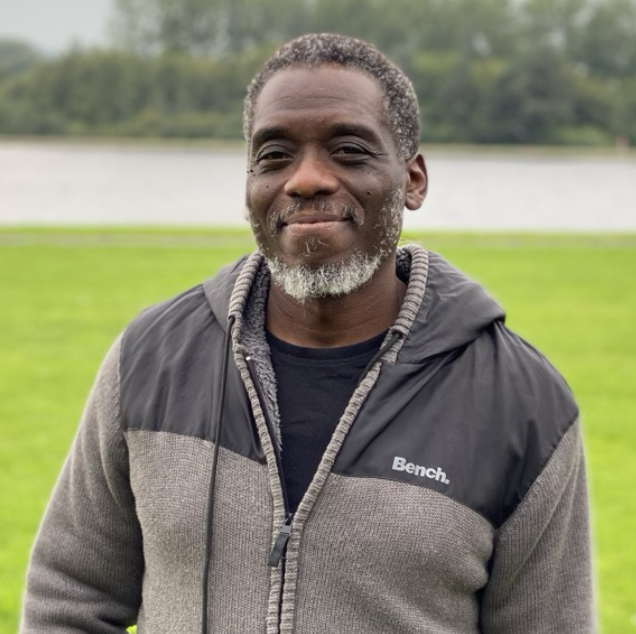Biblepraise Fellowship Online
Inspirational Writings, Stories and Poetry.
Our Source of Help and Hope
by Steve Popoola on January 15th, 2024
As we approached the end of the year 2023, a familiar hymn from my secondary school days came to mind. It's incredible how the words penned by composers centuries ago remain relevant today, despite the changes over the years. The hymn, "Our God, Our Help In Ages Past," written by Isaac Watts in 1719, holds a special place in my heart.
The first verse of the hymn resonates with my personal experiences. Towards the end of last year, I faced a severe illness that landed me in the hospital. This unexpected turn of events left my usually active self physically incapacitated and mentally drained. Despite the challenges, the knowledge that God, along with the prayers from my family and church community, sustained me through the difficult period.
During my recovery, the words of Psalm 121 became a source of comfort:
I lift up my eyes to the mountains—
where does my help come from?
My help comes from the Lord,
the Maker of heaven and earth.
This echoed the hymn's theme, emphasising that even though I received care during my illness, my ultimate help came from the Lord. The past year brought its share of hardships, including the loss of loved ones, yet through it all, God remained my constant support.
Psalm 46 holds a special place in my heart, perhaps because my mother used to read it to us as children. Now, as an adult, I appreciate the significance of having God as my refuge and strength. The assurance that God is an "ever-present help in trouble" provides comfort, even in uncertain circumstances.
During the peak of my illness, weak and breathless, my prayer was a simple "God, help me." It reminded me that in moments of crisis, formal prayers take a backseat to the immediate plea for assistance. The story of Peter calling out, "Lord, save me!" when he was drowning underscores the power of concise and heartfelt prayers.
As we reflect on how God has been our help in the past, the hymn redirects our attention to the future – "Our hope for years to come." In a world saturated with disheartening news, maintaining hope can be challenging. The hymn's declaration that God is our hope for the future stands in stark contrast to the prevailing uncertainties.
The Psalmist, in Psalm 42:5, acknowledges feelings of despair but encourages putting hope in God:
"Why, my soul, are you downcast?
Why so disturbed within me?
Put your hope in God,
for I will yet praise him,
my Saviour and my God."
Amidst uncertainties, adopting the perspective of trusting God for the future, as the hymn writer and Psalmist did, becomes a choice. As a new year begins, I choose to anchor my hope in God, uncertain of what lies ahead but confident in the One who knows tomorrow.
For those unfamiliar with Christianity or the Holy Scriptures, I want you to know that God's love extends to you. The gift of His son, offered to pay for our sins, is available to anyone who believes. I invite you to consider this offer, allowing you to know the One who is our help and hope for the future.
Comments
(0)Add a comment

Steve Popoola is the editor of Biblepraise Newsletter and the founder of the Biblepraise Fellowship Online.
He lives in Kent, United Kingdom, where he works as an IT Professional. He serves in his local church as an Elder and Trustee, Worship Leader as assisting with Pastoral Care.
Recent Posts
July 28, 2025
July 14, 2025
June 23, 2025
June 02, 2025
May 19, 2025